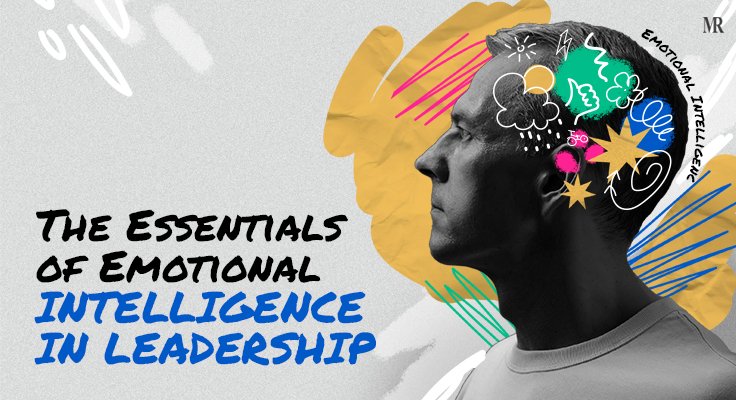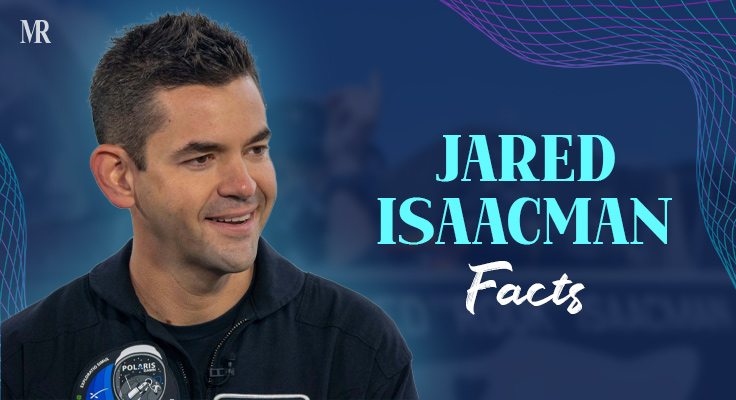What is Emotional Intelligence in Leadership?
Before trying to understand the topic, consider the five situations mentioned below.
- New Hire cries during Performance review
- Star Employee quits
- Diverse opinions of a team on project approach
- A client yells during a meeting
All four situations require a leader’s attention. Not just attention, they require him/her to analyze the situation thoroughly and then react. Hence, it highlights the importance of emotional intelligence in leadership.
For instance – Take the case of a second situation where a star employee has quit.
Approach 1
Imagine your team leader blaming the employee and saying “Is this how you repay us after all that we did for you?”. How would you, as a third person, feel?
Approach 2
On the other hand, imagine your team leader trying to resonate with the situation and saying “I understand and accept your reasons. I wish you all the very best for your future”.
Reasoning
As a reader, which approach appealed to you? And if it is number 2, then why? It is because, in the second approach, the leader was practically and emotionally considerate or intelligent. And such situations require not just practicality but a higher level of understanding and trust. All these emotions contribute to showing the implementation of emotional intelligence in leadership.
Furthermore, once a leader is emotionally intelligent, he/she automatically becomes likable to his/her colleagues, clients, etc.
This was only a brief of mixing emotional intelligence in leadership to give a better outcome. We aim to cover topics right from “What is emotional intelligence?” to “Can every leader be emotionally intelligent?”
What is Emotional intelligence: EQ over IQ?
The ability to interpret, demonstrate, perceive, evaluate, control, and use emotions effectively and constructively to communicate with and relate to others is called “Emotional Intelligence”.
(also termed as EI or Emotional Quotient EQ).
However, IQ, Cognitive Intelligence, or Intelligence Quotient is the measure of a human being’s reasoning ability. An IQ test determines how a person is most likely to answer certain questions or make decisions.
But, the question remains, should a leader be more emotionally intelligent or have a higher IQ level?
Imagine yourself as the CEO of a tech startup. You have the technical abilities and an outstanding vision to develop a product from scratch (your IQ). Yet, you struggle to understand your team’s anxieties when it comes to meeting project deadlines. You dismiss their creative ideas as “unrealistic”. Not only this but you also struggle to communicate with them effectively. This ultimately leads to a drop in morale, frustration, and in the end, failure.
Therefore, despite being equipped with a high level of IQ, you failed to succeed as a leader. This means that your ability to understand and manage your team’s emotions is the key to achieving success and unlocking their full potential.
Why is Emotional Intelligence in Leadership important?
We understood what is emotional intelligence in leadership with the help of real-life situations. But why is it so important? What is the role that it plays in the smooth functioning of an organization?
Emotional Intelligence in leadership helps in enhancing the following –
- Effective Communication: A leader must be able to communicate effectively with his/her team members. By doing this he/she can easily put across the project’s goal, vision, mission, and values. Moreover, it enables him/her to empathize and listen actively to peers. This will only be possible when he/she strives hard to become emotionally intelligent. For example – Research conducted by a psychologist, Daniel Goleman backs this statement. According to this, leaders with higher EQ scores outperform those with lower EQ scores in various aspects. These aspects include decision-making, conflict resolution, and team performance.
- Conflict Management: All of us can agree on the fact that conflicts are inevitable in any workplace. May be over the slightest topic like coming late to the office or something work-related. But you can not avoid conflicts. However, as an effective and emotionally intelligent leader, you can manage these conflicts. You must work towards achieving a “win-win” solution. For example – Consider there is a conflict between two team members A and B. An ideal thing to do as a leader is to try to understand both of their points. You can do this by saying “I can see that both of you are feeling overwhelmed and frustrated right now. Let us try to find out how we can move forward together.” By doing this, you will be able to create a harmonious and peaceful workplace. Along with this, you’ll be able to diffuse the tension and promote understanding.
- Building Strong Relationships: How to expect your team to work harmoniously if you have not built that rapport with them? As a leader, you must have high emotional intelligence to build trust, empathize with your team members’ emotions, and make them feel valued. This would eventually lead to increased motivation, job satisfaction, and engagement. These factors will eventually improve productivity and performance. Thus, they will help you achieve emotional intelligence in leadership. For example – Research by Barbara Frederickson on the Broaden-and-Build Theory. It says that emotions like respect, appreciation, and trust build our resources and broaden our thinking. Henceforth, leaders who maintain positive relationships with their peers create a creative and resilient environment. Leading to better performance.
- Inspiring and Motivating Team Members: Leaders with high emotional intelligence can use their ability to communicate effectively to inspire and motivate their team members. If you are willing to create a supportive work environment at your workplace, emotional intelligence in leadership is your go-to move. This will enable your team members to go above and beyond their potential and deliver the best outcomes. For example – Let’s say that your graphic designing team is undergoing immense workload and stress to meet the deadlines. As an emotionally aware leader, you can say this to them. “I commend every one of you for your hard work. And I know and I acknowledge that this project has been difficult for all of you.” By practicing this, you will be able to see a sudden boost in productivity and ultimately successful completion of the project.
- Decision-Making: Emotional intelligence in leadership possesses better abilities to recognize and organize emotions to make informed and rational decisions. Not only this but their ability to empathize with their team members also comes into play. This way they can better understand their team members’ perspectives and needs. They are ultimately leading to better decisions that are aligned with the goals of the organization. For example – A study at the University of Michigan argues that there is a direct link between EQ, decision-making, and team performance. It found that teams with emotionally intelligent leaders solved problems more effectively. In addition to this, they make better decisions and achieve higher levels of performance.
5 Ways to Inculcate Emotional Intelligence in Leadership
Now that we have explored and answered questions like What? And Why?, let us jump into the How? Emotional intelligence is very important in leadership but when it comes to implementing it, many people fail.
Therefore, we will guide you by listing down five ways to add emotional intelligence to leadership.
- Better Self-Awareness: “When you value yourself, you’re more likely to value others, creating a positive work environment.” By becoming self-aware, you tune in to your emotions, recognize your strengths and weaknesses, and ultimately, value yourself. Therefore, before becoming a leader, become self-aware.
- Increased Motivation: The first step towards encouraging self-motivation is becoming optimistic and resilient. You need to see obstacles as opportunities and not hindrances. This method leads to extra motivation within yourself. You can use this motivation to keep your team members inspired and become a better leader.
- Better Self-Regulation: “A stressed-out leader equals a stressed-out workforce.” Self-regulated leaders are not supposed to make decisions based on their emotions. They think before they speak and are calm and measured. Additionally, they are experts at stress management. This is a highly essential quality for a workplace. To back this, we have a study by the NeuroLeadership Institute. According to this, leaders with strong self-regulations create a more positive work environment.
- Lead with Empathy: Another way to inculcate emotional intelligence in leadership is by leading with empathy. This analysis of 88 studies argues that job satisfaction and employee performance are highly impacted by leader empathy. Therefore, if you want to get the most out of your team as a leader, you need to understand their emotions and mental energy while having conversations with them.
- Better Social Skills: We have three studies to prove that emotional intelligence in leadership is enhanced by having better social skills.
- A study by Zengar Folkman says that leaders with comparatively better social skills are rated as 33% more effective by their team members. It is because these skills allow leaders to build trust, motivate their teams, and communicate effectively.
- Another study found that employees who feel valued and respected by their leaders are 70% more likely to stay engaged at work. Emotional Intelligence in leadership helps leaders to connect with their employees on personal levels and foster a sense of loyalty.
- Harvard Business Review conducted research that states that leaders with strong social skills are better equipped to deal with conflicts. This is because they can actively listen to diverse perspectives and find common ground to work towards solutions that benefit everyone.
Can every leader become emotionally intelligent?
Your journey to emotional intelligence in leadership is a continuous process. You can cultivate this by actively practicing EQ skills and reflecting on your SWOT analysis. Always remember that small improvements in empathy, self-awareness, social skills, and self-regulation can have a profound impact on your leadership style.
We hope you are ready to start your journey of becoming emotionally intelligent as a leader and inspire others! Thanks for reading.












